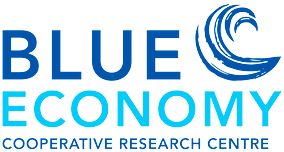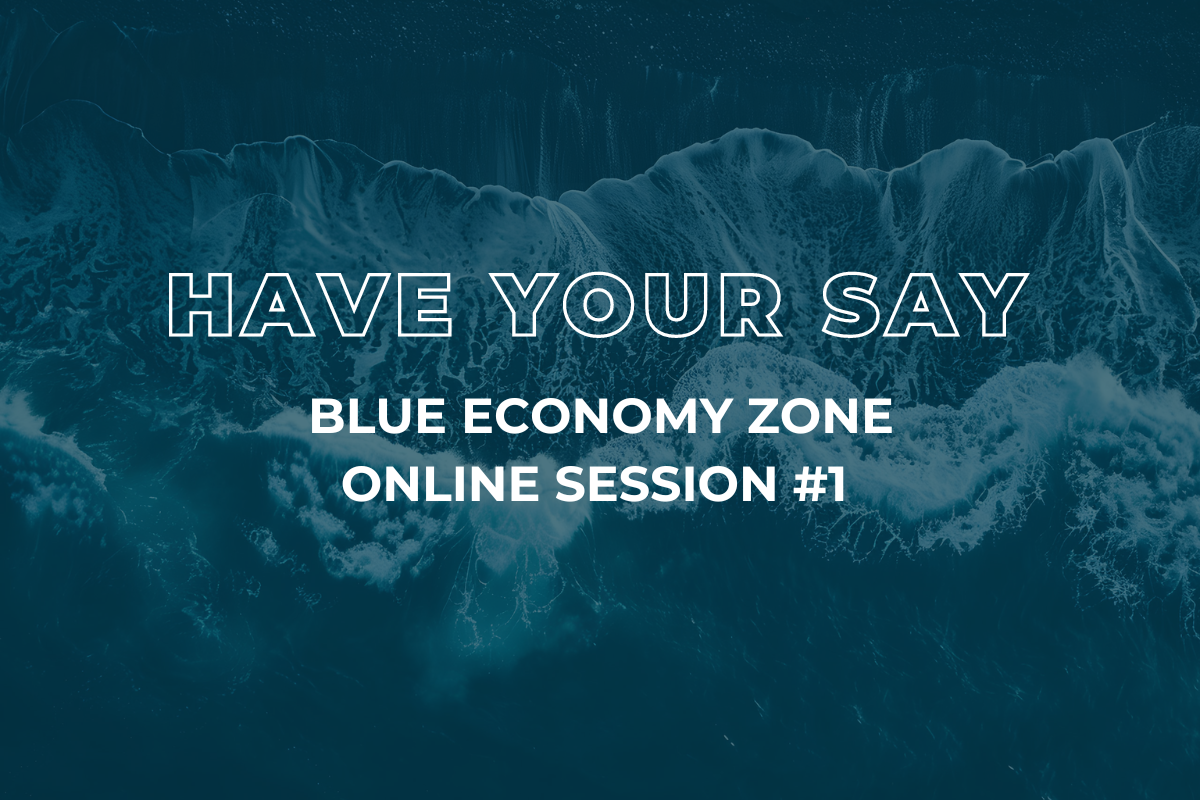
Webinar: Ethics & Social Licence in the Blue Economy
Tuesday 24th October, 2023
3pm – 4:30pm (AEDT) / 12pm – 1:30pm (AWST)
This webinar will discuss ethics, integrity and social acceptance in the Blue Economy, delving into the nature of ‘integrity systems’ and their importance along with exploring the social license to operate.
Social license to operate in itself can have different meanings to different people and can be used in ways that are ethically constructive or ethically problematic.
Presentation 1: Ethics and integrity in the Blue Economy
Presented by: Professor Charles Sampford, IEGL Director: Institute for Ethics, Governance & Law, Griffith University
This presentation will discuss the nature of ethics and integrity for individuals, institutions, profit-seeking enterprises, and overall systems, emphasizing the importance of ‘integrity systems’. An integrity system is the sum total of all elements in a system, including laws, incentives, standards, institutions and ethical norms. These elements, and their relations and interactions, shape behaviour and deliver outcomes. The system has integrity if it delivers on its promise: on the values that justify it. A Blue Economy integrity system is therefore made up of the ethical norms, laws, organisations, and market forces in the marine industry space that determine whether the system will live up to the high ideals it seeks to achieve.
Presentation 2: Social licence in the Blue Economy
Presented by: Dr Hugh Breakey, Senior Research Fellow: Institute for Ethics, Governance & Law, Griffith University
The social license to operate (SLO) is an ambiguous term and a challenging feature of many contemporary industries, including Blue Economy industries. This presentation will discuss different ways of understanding the SLO, through definitions, analogies, and its absence. It will explore how the SLO can work (or fail to work) in different cases as an ethical tool, activist weapon, corporate shield, or empty buzzword. It will describe four different strategies that give rise to different types of SLO (Genuine SLO; Strategic SLO, Tick-box SLO; and Default SLO), each with different risk profiles.
PRESENTERS

Name: Professor Charles Sampford
Affiliation: Director: IEGL, Griffith University
At Melbourne University Charles Sampford graduated at the top of his class in each of politics, philosophy and law before combining those disciplines in his Oxford DPhil. He was invited to return to Melbourne University in 1983 as a Lecturer and then Senior Lecturer before moving to the Philosophy Department in 1990 to establish the Centre for Philosophy and Public Issues where he was Acting then Deputy Director and Principal Research Fellow. However, his earlier writings on reforming the Law Curriculum in response to the Pearce Report led to his invitation to come to Queensland as Foundation Dean of Law at Griffith University, starting in March 1991.
Prof Sampford led the 1998 bid for the Key Centre for Ethics, Law, Justice and Governance (the only Australian centre in law or governance to receive centre funding from the Australian Research Council) and was its Foundation Director for six years. In September 2004, he became the Director of the Institute for Ethics, Governance and Law, a joint initiative with the United Nations University, Griffith, QUT, ANU, OP Jindal Global University in Delhi and the Center for Asian Integrity in Manila. At the same time he took on the role of Convenor of the ARC funded Governance Research Network. Foreign fellowships include the Visiting Senior Research Fellow at St John’s College Oxford (1997) and a Senior Fulbright Award to Harvard University (2000).

Name: Dr Hugh Breakey
Affiliation: Senior Research Fellow: IEGL, Griffith University
Dr Hugh Breakey is a Senior Research Fellow in moral philosophy at Griffith University’s Institute for Ethics, Governance & Law. His research spans political theory, normative ethics, governance studies and applied philosophy, exploring the ethical challenges in such diverse fields as peacekeeping, argument, institutional governance, climate change, social licence to operate, sustainable tourism, private property, professional ethics and international law.
As well as his academic contributions, with more than fifty research publications, Hugh’s work has practical significance. He has consulted for several Australian government agencies, including ASIC, FASEA and the Professional Standards Councils. Since 2013, he has served as President of the Australian Association of Professional and Applied Ethics.






